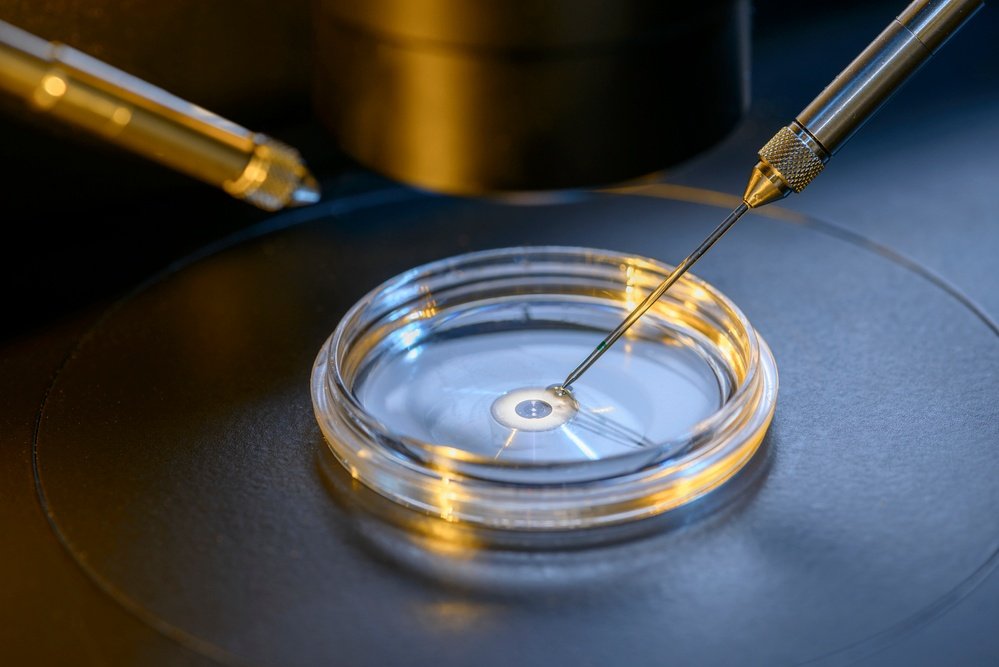The SCRC Egg Donor Program
SCRC’s private egg donor program, Bright Expectations is a full-service egg donor agency specializing in matching intended parents with the right donor. We work closely with all parties every step of the way to ensure the process goes as smoothly as possible.
Finding the Right Match
Once you contact us, we will consult with you about what you are looking for in an egg donor and begin presenting you with donor profiles that are tailored to your needs.
Profiles include biographies, education information, health history, family history, and, of course, photos. We pride ourselves on offering comprehensive portfolios that give you a good sense of each candidate.
We know that selecting a donor is a big decision, so we encourage you to give us feedback to help us match you with your ideal candidate.
At this point, we will also discuss any questions you may have regarding the egg donation program, including the estimated costs, success rates, timeline, and next steps.


Breaking Down the Process
As a potential egg donor recipient, you will undergo a series of basic fertility tests and a thorough medical history examination, after which your fertility specialist will advise you as to whether egg donation is appropriate for you as an infertility treatment.
The following is a brief description of the significant procedures involved in the egg donation process, which we will discuss in greater detail once you’ve decided to proceed with the program.
The Evaluation Cycle
Before the egg donation cycle begins, we will perform a “trial run” to establish the proper dosages of estrogen and progesterone that your body needs for a successful pregnancy. We’ll give you an orally administered, natural estrogen called Estrace® in gradually increasing dosages over a 10- to 14-day treatment period. Your blood estrogen levels will then be measured. Next, an ultrasound is performed to determine the thickening of the uterine lining, which is necessary for successful implantation of the embryo. After the full evaluation cycle is completed — usually a four to six week process — your SCRC fertility specialists will know how to most effectively prepare your uterine lining for the actual fertilization cycle.
The Egg Donation Cycle
You will begin this process by taking estrogen. This is followed by your egg donor starting her medication. Ultrasounds and blood tests will be performed on a periodic basis to ensure that your uterus is ready for the embryo transfer. A sperm specimen is then given by your partner on the same day that the donor’s eggs are retrieved. At this time, the IVF procedure will be performed to fertilize the donor eggs. Typically, you will begin taking progesterone on the same day.
About five days following IVF and the start of progesterone therapy, the developing embryos are transferred to your uterus. Your first pregnancy test is administered approximately 12 days after embryo transfer. If the pregnancy test is positive, you will continue taking estrogen and progesterone for two additional months, after which the developing baby’s placenta will produce the appropriate hormones necessary to carry the pregnancy to full term, allowing the hormone therapy to be discontinued.
Getting Started with SCRC’s Egg Donor Program
If you are considering utilizing an egg donor, a comprehensive diagnostic evaluation with one of our physicians at one of SCRC’s offices is the first step. For your no-obligation consultation, call (866) 312-0771, or click here to contact us. Our fertility consultants will be happy to assist you with any questions you might have.
Understand Your Fertility Options
Learn more about your first visit, fertility treatment options, financing and more


